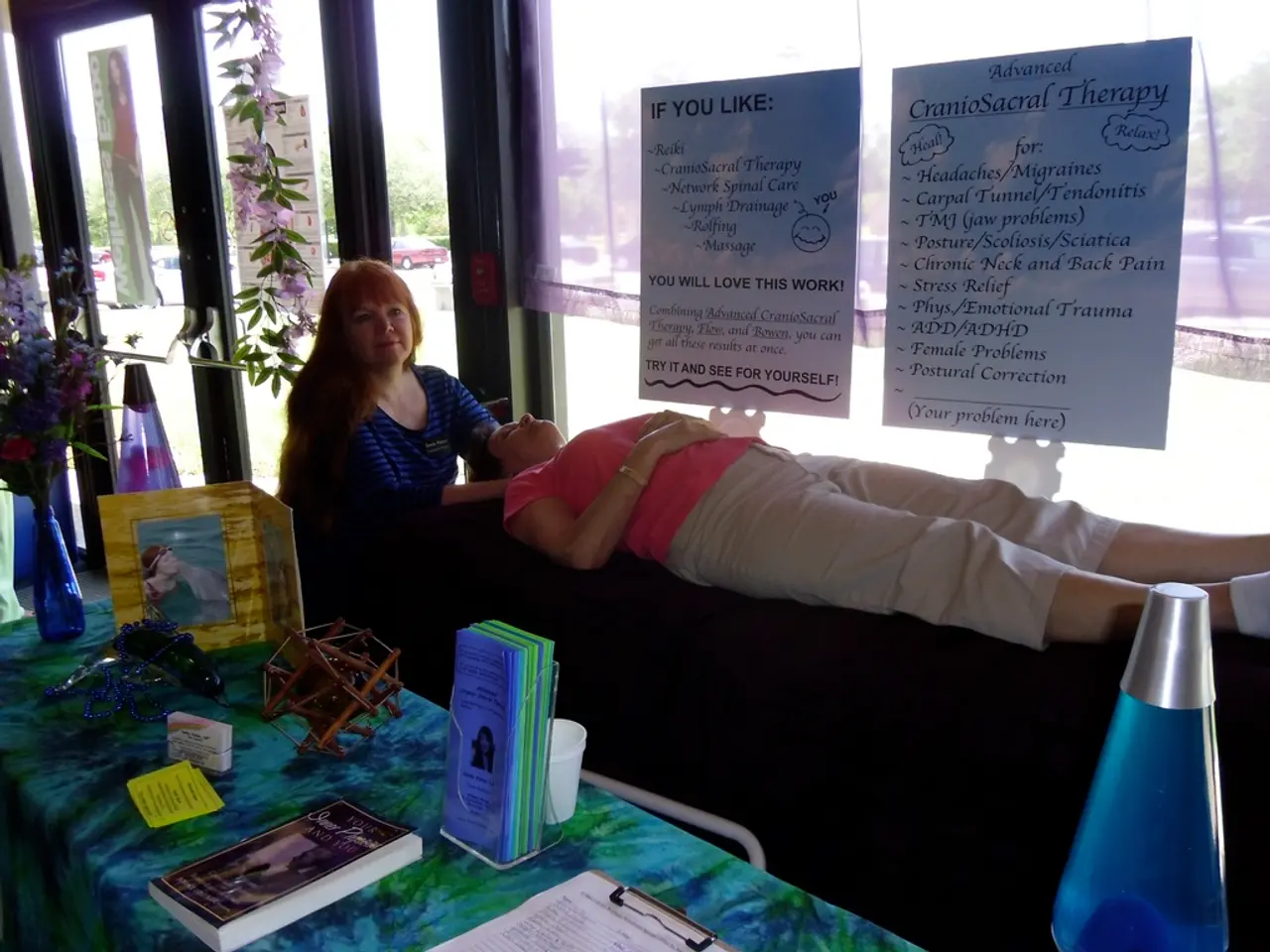Overcoming Childhood Sexual Assault
Child sexual abuse is a tragic and complex issue that affects many individuals, including those within the Asian American community. It's important to understand the signs, effects, and available resources to support survivors.
Sexuality can be significantly impacted by child sexual abuse. Survivors may use sex to meet non-sexual needs, feel exploited, experience flashbacks during intimate moments, or avoid or pursue sex they don't want. The aftermath can lead to feelings of low self-esteem, unworthiness, and shame.
Abusers, often in positions of power or trust, manipulate their victims for their own needs, disregarding the child's best interest. The devastating effects of sexual abuse do not need to be permanent, and healing is possible with patience and support.
Research suggests that 20-40% of girls and 2-9% of boys are sexually abused by the time they reach eighteen. However, the prevalence of child sexual abuse in Asian American communities is not well-known, but existing research suggests that the reporting of sexual abuse is proportionately lower than for other ethnic groups.
Cultural values within Asian American families, such as a fear of losing face and a tendency to keep problems within the family, may contribute to this low reporting rate. Asian American children may respond differently, being more likely to express thoughts of suicide or attempt suicide and less likely to respond with anger or inappropriate sexual behaviors.
Signs of child sexual abuse can include sudden behavioral changes such as depression, aggression, concentration problems, school difficulties, recurrent headaches or stomachaches, eating disorders, and inappropriate sexualized behavior for the child's age. These signs should be taken seriously and addressed gently without pressuring the child with yes/no questions.
Abusers can be anyone from family members to teachers, babysitters, neighbours, clergy, or doctors. If you suspect that you were sexually abused as a child, trust your memories, even if they seem too awful to be true. Pay attention to feelings of fear, nausea, and despair triggered by specific sounds, smells, tastes, words, and facial expressions.
Victims of child sexual abuse may experience difficulty in knowing and differentiating their feelings, worrying about going crazy, and fearing their feelings. The effects on one's body can include feelings of disconnection, a restricted range of feelings, difficulty loving and accepting one's body, and physical illnesses related to past sexual abuse.
Speaking with a trained professional can be extremely helpful for those who think they may have been sexually abused. Books such as "The Courage to Heal" by Ellen Bass and Laura Davis, "The Courage to Heal Workbook" by Laura Davis, "Victims No Longer" by Mike Lew, "Outgrowing the Pain" by Eliana Gil, "Incest and Sexuality: A Guide to Understanding and Healing" by Wendy Maltz and Beverly Holman, can provide valuable insights and support.
It's crucial to remember that healing is possible, and support is available. If you or someone you know has experienced child sexual abuse, seek help and know that you are not alone.
Read also:
- Nightly sweat episodes linked to GERD: Crucial insights explained
- Antitussives: List of Examples, Functions, Adverse Reactions, and Additional Details
- Asthma Diagnosis: Exploring FeNO Tests and Related Treatments
- Unfortunate Financial Disarray for a Family from California After an Expensive Emergency Room Visit with Their Burned Infant








